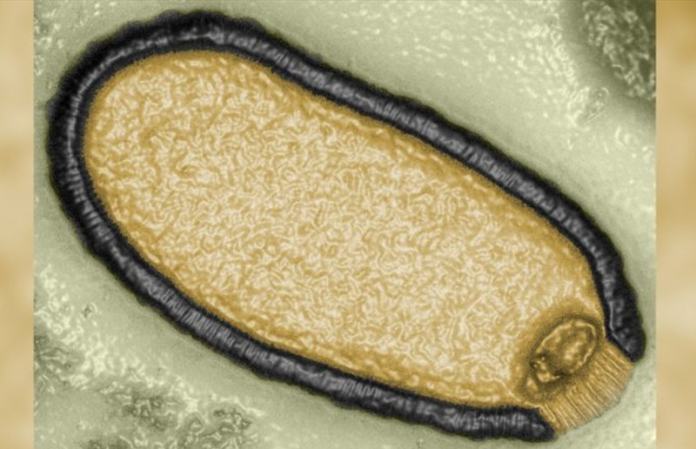Людству може загрожувати епідемія невідомих вірусів, які заморожені в арктичних льодах, і особливо – в російському Сибіру, пише The Guardian.
“Стародавні віруси, заморожені у вічній мерзлоті Арктики, одного дня можуть бути вивільнені через потепління клімату Землі та спричинити великий спалах хвороб”, – ідеться в статті.
“Ми не знаємо, які віруси лежать у вічній мерзлоті, але я думаю, що існує реальний ризик того, що один із них може спровокувати спалах захворювання – скажімо, давньої форми поліомієліту. Ми повинні припустити, що щось подібне може статися”, – заявила вірусологиня Маріон Купманс із Медичного центру “Еразмус” у Роттердамі.
Про те, що “замерзлі” віруси можуть знову атакувати людство, говорить генетик Жан-Мішель Клавері з університету Марселя. У 2014 році він провів експерименти з вірусами, знайденими в сибірській вічній мерзлоті, і переконався, що вони, як і раніше, можуть заражати одноклітинних найпростіших. Одному з таких вірусів було, за даними вчених, 48 500 років.
І, хоча людину цей конкретний вірус заразити не може, “це не означає, що інші віруси, які наразі заморожені у вічній мерзлоті, не можуть спричиняти захворювання в людей”, каже Клавері.
Вічна мерзлота, яка вкриває п’яту частину планети, зараз, як вважається, тане через глобальне потепління, що підвищує ризики “оживання” вірусів, про які люди давно забули.
Тому вчені почали планувати створення арктичної мережі моніторингу, яка виявлятиме ранні випадки захворювань, що викликаються стародавніми мікроорганізмами.
Клавері вважає, що глобальне потепління може викликати бум розвитку Сибіру, але загрожує ризиками того, що це “вивільнить величезну кількість патогенів”.
Вчені вважають, що вічна мерзлота на найглибших рівнях може містити віруси віком до мільйона років, які набагато старші за людину. “Наша імунна система, можливо, ніколи не контактувала з деякими з цих мікробів”, – каже Клавері.


